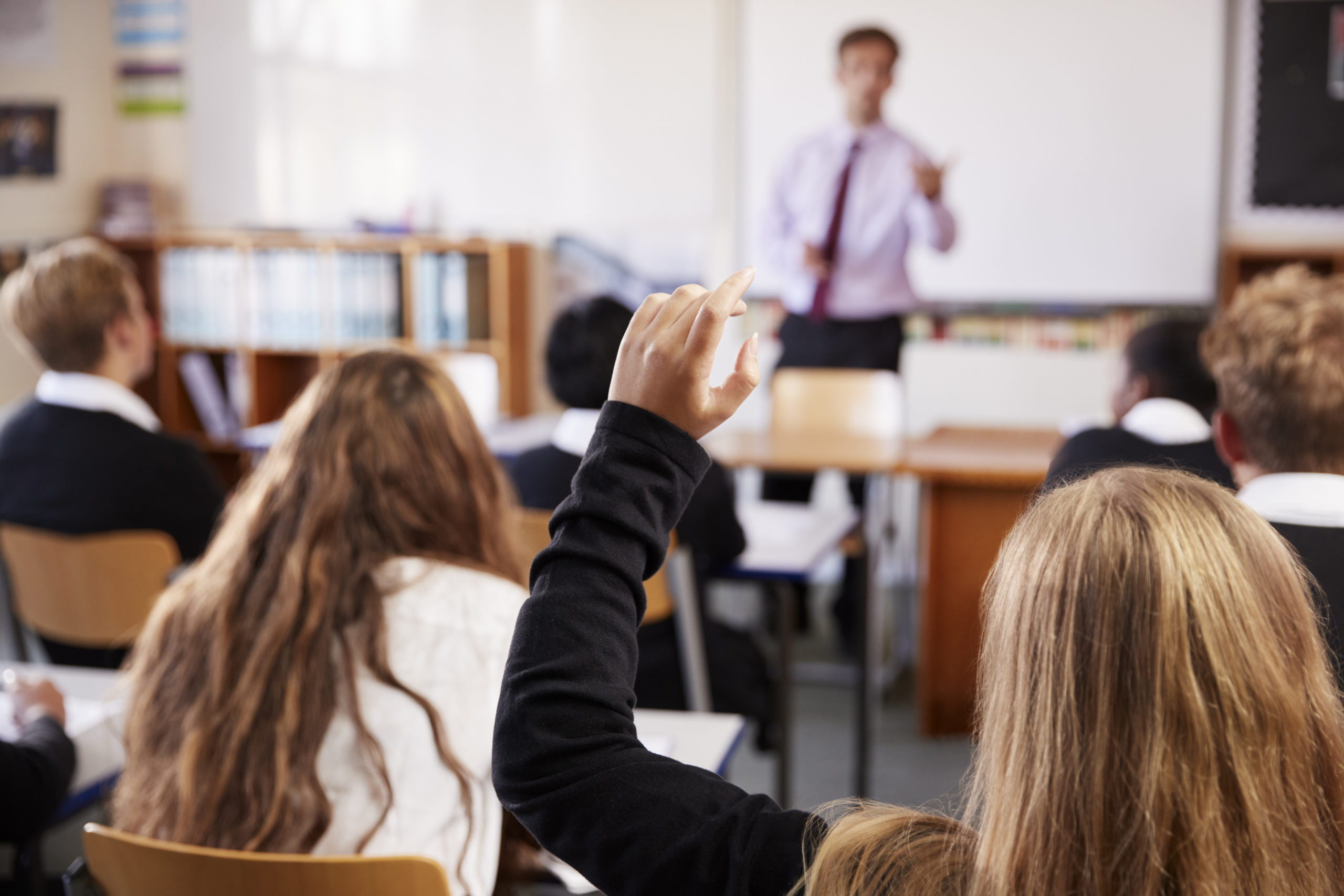Students are back to school, now what?

The past year has been challenging. The pandemic has affected the lives of millions around the world. In the UK alone, we have experienced three lockdowns in the past 12 months. Children and young people had to spend many hours of their days in front of a screen to study. According to the Financial Times [1], pupils have missed more than half an entire school year.
Students missed out on milestones during these six to eight months of lockdown and had limited interaction with a few friends through a computer or phone screen. They lost opportunities to connect with other community members and make new friends, changing many relationships. Parents have juggled work and school life under the same roof and are most likely fatigued. All of this sacrifice was necessary to protect each other and our community. However, complying with this request has not been a small task. Suffering for many of us has been unavoidable, and many lost loved ones to Covid.
Now students are back at school, and that’s fantastic! Will this hardship disappear once they return to the classroom? This post-lockdown period is an important time for students and families to reflect on how the pandemic has impacted us all. These experiences enable further connections between us and an opportunity to develop our personality. I believe this challenging year’s silver lining is the possibility for growth through reflection and deeper relationships.
Now, more than ever, it is a critical time to think about the wellness and mental health of children, adolescents, young people and their families. More than ever, children need to play with their friends, and young people need to interact with their peers to regain their lost connections during the lockdown. We are still living under restrictions to avoid the spread of Covid-19, but hopefully, students of all ages will regain opportunities to socialise at school after school, as restrictions ease.
Furthermore, having meaningful conversations with a trusted adult or friend can be extremely valuable right now. Family conversations are wonderful opportunities to reflect on the pandemic’s positive and negative aspects on children, adolescents and adults. Some children may be open to talking about what is bothering them, and perhaps they might express feelings of anxiety, fear or anger. Others might use behaviour to express their emotions. For example, children and teenagers might be quite moody and have sudden bursts of rage without knowing what is causing this outburst. Others might have been worried about catching up academically or fitting in with their friends after months of screen interactions. It is expected that young people have strong feelings about the pandemic and the return to school. Parents can be supportive and empathic by listening in a non-judgmental way and working together if there is an issue to be solved. Some adults might feel they have been unable to provide this support. Parents have also been under a lot of stress and can use a friend or partner’s support after exhausting months. In one way or another, all age groups have been affected by the pandemic and the more we share; the more growth opportunities will appear in front of us. Let’s keep the conversation going!
Take care,
Gisele
[1] Lucy Kellaway. 2021. ‘Education’s biggest test’. Financial Times. 6/7 March 2021
Adolescent Mental Health
This article was published on Dr. Sophia Khalique Medical Practice's blog...
Benefits of group & individual therapy
As seen in the Simon, a 42-year-old graphic designer, recently undertook...
Why do I binge-eat and how can I face my guilt?
As seen in A few months ago I was tidying up after my youngest son’s...
Would you like to join our mailing list?
From time to time we may notify you of new blogs on the website, or share thoughtful, relevant articles and content, aimed at informing and helping people.
© 2020 Likeminds Psychotherapy and Coaching - London | Glossary | Privacy Policy | Site by Diagonal



